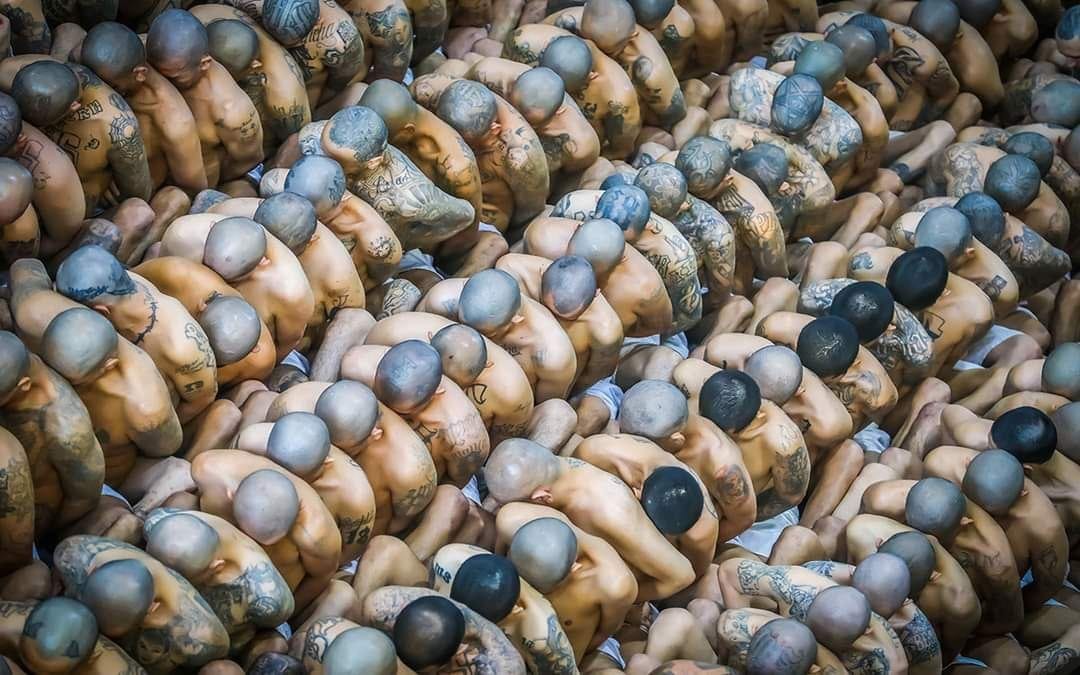Ship's Log: Emerging Autocracy in El Salvador creates problems beyond its borders
A host of other Latin American politicians endorse similar power grabs in their own countries, creating a regional challenge for Democracy itself
“It’s a shame on our nation that we have this guerilla communist son-of-a-bitch as president,” said the taxi driver as he deftly navigated the chaos of Bogotá traffic. “This country is deeply corrupt.”
I muttered a noncommittal reply. I hear a lot of comments like this in Colombia, especially when I tell people I’m a journalist by trade. They, understandably, often want to share their perspective on the country— perhaps to educate a foreigner. Or maybe they just hope to be quoted.
“What we need is someone like Bukele, in El Salvador,” he continued, “Someone to clean up this country.”
That comment however interested me. “Oh?” I said. “Do you think mass arrests and dismantling civil rights would improve Colombia?”
“Well, it’s working there,” replied the taxi-driver.
“But at what price?” I ask. “Didn’t [former Colombian president] Uribe try exactly that?”
“The problem was Uribe wasn’t allowed to finish the job,” he sneered, referring to Uribe being limited by the Constitutional Court to one term and Colombia’s controversial 2016 peace agreement with rebel group the Revolutionary Armed Forces of Colombia. “That’s how we got a guerrilla for a president. Anyway, look at the polls. Bukele is extremely popular.”
“That’s true,” I said. “But dictators often start off popular. Take Hitler for example when he first came to power.”
That ended our impromptu debate. Comparing Bukele to Hitler wasn’t fair— there have been no international wars on Buekele’s watch, nor has he committed genocide. It was an imprecise comparison at best, hyperbole at worst. But the point I was trying to communicate is that when dictators rise to power, it is almost always amidst popular support.
It is often only later, after Democracy has been truly dismantled, that populations regret voluntarily signing away their civil rights.
And Bukele is no exception. The self-proclaimed “coolest dictator in the word” is setting an extremely dangerous example of creeping authoritarianism in the region— one that is already inspiring copycat policies in neighboring Honduras as well as a host of politicians throughout Latin America, who no doubt eyeing Bukele’s approval rating with a tinge of jealousy, imagine themselves wielding such unchecked power to silence and jail their enemies as well.
The new Mega-Prison and an endless ‘temporary’ state of emergency
Bukele on Friday took to Twitter, his preferred communication platform to announce the official opening of a superjail, the largest incarceration facility in the Americas— a sprawling complex built to hold 40,000 prisoners, which he calls the “Terrorist Confinement Center”.



